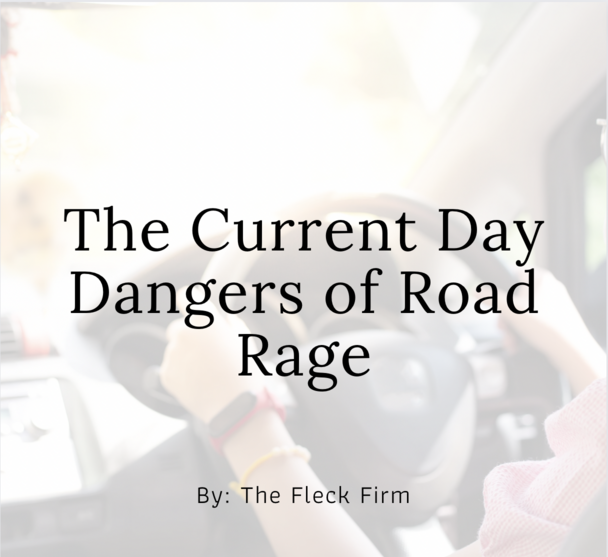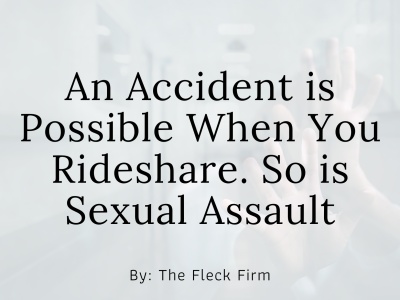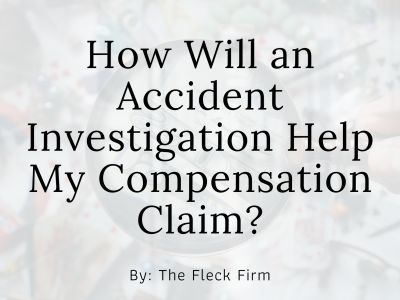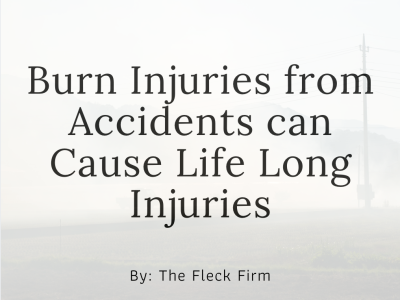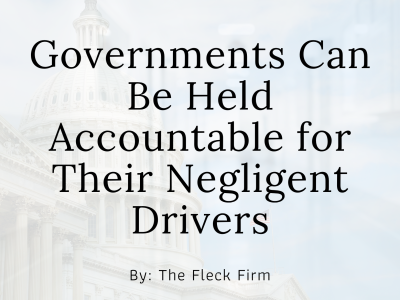Road rage can affect nearly anyone, whether you’re the one acting erratically or you were sideswiped into a ditch by an out-of-control driver. More enraged drivers aren’t content with giving someone the finger, swearing, or tailgating someone. They’ll start shooting.
How Big a Problem is Road Rage?
Last year was the worst ever recorded for road rage incidents in the US involving guns, according to The Washington Post. Everytown for Gun Safety released data showing:
- In an average month in the US, 44 people are shot in road rage (or extremely aggressive driving) incidents, twice the number in 2019
- Gun-related road rage incidents went from 610 in 2016 to 728 in 2021
- A third of gun-related road rage incidents from 2016 to 2019 resulted in injuries or deaths. In 2021 that share grew to nearly two-thirds
- The number of known road rage incidents more than doubled from 2016 to 2021, from about 250 to more than 500
An AAA Foundation for Traffic Safety survey found that in 2019 about 80 percent of drivers expressed significant anger, aggression, or road rage while driving at least once in the last 30 days.
Other attorneys take contingent fees of 33% to 50% of your settlement.
We want you to keep more of your money.
Our contingent fee is only 30% on cases settled prior to filing suit.
What Causes Road Rage?
We’ve evolved to have a fight-or-flight response when we experience stressful events. We’re acutely aware of things and events that might make us angry or fearful. We may flee or attack as a result. If we’re provoked or perceive another driver as a threat, our response may be an irrational attack instead of backing off from the situation.
We all have different tolerances for incidents that may anger us. Some of us are more prone to angry outbursts, which may happen while driving. Others may normally be easygoing but become angry if they feel provoked, endangered, or disrespected while driving. Stress felt before the person starts driving (caused by family, work, finances, or health) could shorten a driver’s fuse.
Why Do More Road Rage Incidents Involve Guns?
There may be several issues at play. More than half of Kentucky residents (54.6%) own guns, according to CBS News. From 2010 to 2020, the average annual number of firearms sold in the US was about 13.5 million. In 2020 the number was 22 million, and 21 million in 2021, reports CBS News.
Guns in cars have become so common that firearms stolen from vehicles are a leading source for criminals, according to Everytown for Gun Safety. In 2020 about 77,000 guns were reported stolen, according to data from 271 cities in 38 states reported to the FBI. More than half (52%) were stolen from cars, more than double the percentage of stolen firearms in 2010 (24%).
The presence of a gun in the vehicle may make the driver more aggressive, according to a 2017 study published in the Journal of Experimental Social Psychology. Sixty test subjects were randomly given a frustrating situation to drive. A gun or a tennis racket was on the passenger seat. Those who had a gun in the car were more aggressive, as are people who feel more frustrated.
What Should I Do If I Feel Like Retaliating Against Another Driver?
You may prevent that from happening by not driving if you’re so angry, anxious, or fearful about what’s going on in your life, you may “snap” if you’re in a stressful situation. You can also try to be as relaxed as possible while driving. Keep the temperature comfortable, listen to calming music instead of upsetting newscasts, and breathe deeply while driving.
If another driver misbehaves, give them the benefit of the doubt instead of assuming the worst about the person. Instead of getting angry, think of the times you made mistakes that impacted other drivers. You didn’t intend any malice, but others may have viewed you as dangerous or incompetent.
It’s just a matter of time before someone cuts you off, slams on their brakes for no apparent reason, or tailgates you. Plan your response before it happens. Instead of responding with anger, take a short mental timeout to calm down and allow the other driver to get as far away from you as possible.
If becoming enraged while driving is a chronic problem, get help from a mental health professional before you or others are injured.
What Should I Do If I’m a Road Rage Target?
If another driver pursues you, don’t engage or respond other than driving evasively to remain safe. Don’t respond to their anger with more anger. Avoid eye contact or gesturing. Get out of the way if possible, exit the highway, but don’t pull over because that may be what the other driver wants you to do. You should call 911, tell the dispatcher about the situation, and describe the other vehicle.
Free Consultation
Contact us today for a free consultation to see how we can put our years of experience to work for you.
Have You Been Injured in a Road Rage Incident in Kentucky and Need an Attorney?
Were you injured in a car accident or shooting during a road rage incident? Call The Fleck Firm to schedule a free consultation at (270) 446-7000. We’ll talk about what happened, your injuries, the law, and your best options to proceed. Insurance companies have lawyers. You should have one too.




